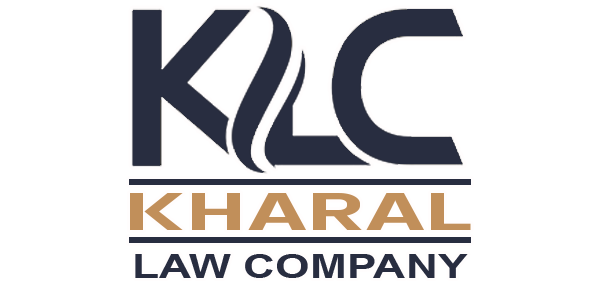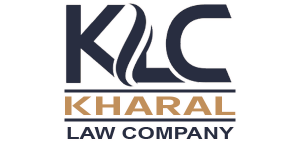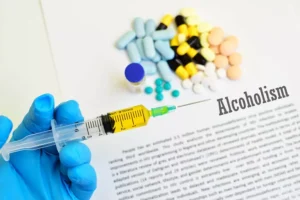
These sensations can bring about a desire for the drug you’re working so hard to quit. You can avoid HALT-triggered relapse by maintaining a solid routine that includes meal scheduling, support meetings and getting enough sleep. It is important to note that individuals in recovery have the power to resist and make choices that align with their recovery goals. By being aware of these influences and developing coping strategies, they can protect their sobriety and maintain a healthy, drug-free lifestyle.
- Mental health conditions may be a significant internal trigger, especially if you have an undiagnosed mental health disorder.
- Understanding relapse, triggers, and treatment are important steps toward relapse prevention.
- There are multiple reminders of substance use in a former drug user’s life, including people, places and things.
Exposure to Substances
Additionally, we will delve into the importance of seeking support and professional help, ensuring a comprehensive approach types of relapse triggers to successfully managing high-risk situations. So, let’s dive in and equip ourselves with the tools needed for a resilient recovery. During addiction recovery, you are likely to experience triggers and cravings as you navigate your sobriety journey. Learning how to recognize and manage your triggers can help you feel more in control and prevent or reduce relapse signs. Below are some of the most common relapse triggers and techniques to manage them, although this can vary from person to person.
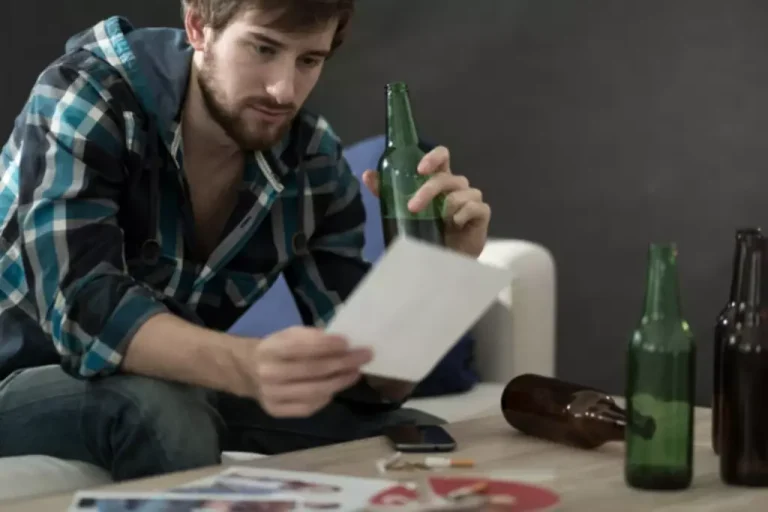
Practical Ways To Avoid Common Relapse Triggers
Learn the key to weakening your desire to drink without the constant struggle or the feeling of missing out. Shift perspective to see relapse and other “failures” as opportunities to learn. Identify important past events that gave rise to negative beliefs about yourself. • Unpleasant feelings including hunger, anger, loneliness, and fatigue. A relapse may look different for each person, depending on how much they use and the circumstances surrounding the relapse.
Have You Ever Experienced Any Of These Relapse Triggers In Your Life

Some people fall off the wagon several times before getting sober for the last time. In fact, despite the existence of FDA-approved treatments for nicotine, alcohol, and opioid addiction, more than two-thirds of individuals will relapse after initiating treatment. It helps to compare addiction relapse to relapse in other chronic conditions. A person with diabetes will often relapse due to poor eating behaviors, for example. They just have to reset, practice healthy eating and get their blood sugar under control with the help of their doctor. Those in recovery need to learn that feeling uncomfortable is not a state that needs remediation.

Strategies for Coping with High-Risk Situations
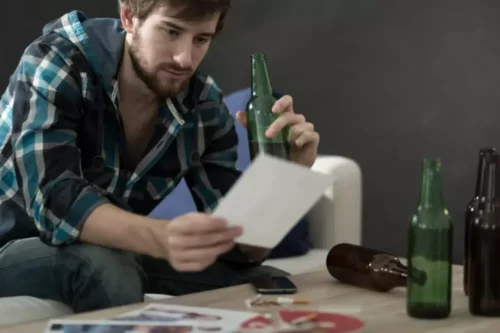
But failure to cope with cravings and other mental stressors can result in a need to “escape” through relapse. Substance abuse relapse occurs when a person who has attempted to stop using a substance begins to use it again. Relapse can occur very soon after attempting sobriety, or after several years of sustained sobriety. The individual must recognize that a relapse, while not a failure, is a serious thing.

Internal Drug And Alcohol Relapse Triggers
- One reason is because the element of change can create stress and trigger thoughts of using.
- By implementing these rules, individuals can create a supportive and responsible framework that promotes long-term recovery and helps navigate through challenging situations without turning to substance use.
- Between 40 percent and 60 percent of individuals relapse within their first year of treatment, according to the National Institute on Drug Abuse.
- Relapse occurs when you begin using a substance again after a period of sobriety.
- Possible substitutes can be designated in advance, made readily available, listed in a relapse prevention plan, and swiftly summoned when the need arises.
- Reminiscing about or dwelling on memories of past substance abuse is one of the brightest red flags in terms of triggers and relapse.
- Jane, a recovering alcoholic, recognized the importance of identifying triggers for relapse early in her sobriety journey.
This technique involves running “a https://ecosoberhouse.com/article/steps-to-successful-drug-addiction-recovery/ mental videotape” of the entire relapse process. It involves going through the process from start to finish and noting all the changes that would occur if you give into the temptation. Emotional awareness encourages you to check in with yourself before taking action, reminding you to stay mindful of your current state.
- If you find yourself stuck thinking about drugs or alcohol, it’s time to get your support system involved.
- Relapse can be an indication that treatment needs to be reinstated or adjusted.
- Discover how to stop soda addiction with effective strategies, healthy alternatives, and expert tips for lasting change.
- Addiction relapses are similar in that the individual needs to seek treatment to get back on track.

